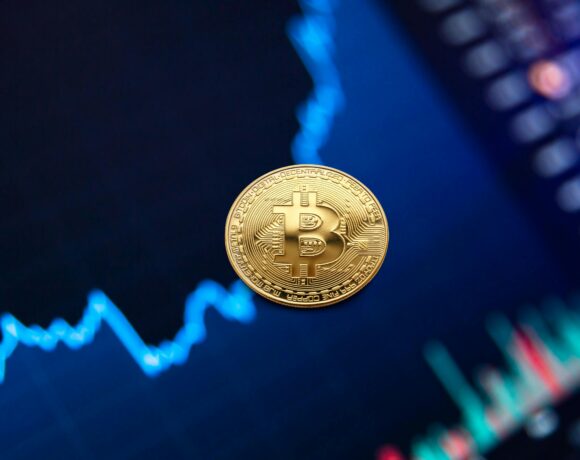Cryptocurrency market optimism rises ahead of Donald Trump’s second term

By Lorien Carter, Research Analyst at Juniper Research
As Donald Trump prepares to assume office for a second term in January 2025, significant attention is turning to his cryptocurrency and regulatory reform promises. His recent electoral victory has sparked a wave of optimism in the digital currency market, particularly surrounding Bitcoin, which saw an astounding 80% price surge following the announcement of his win.
The cryptocurrency reached an all-time high of over $88,000, fuelled by Trump’s commitment to make the US the ‘crypto capital of the world’ and his proposal for a national Bitcoin reserve.
The US cryptocurrency sector is currently grappling with regulatory ambiguity, particularly regarding the classification of digital assets. The Securities and Exchange Commission (SEC) has taken a hardline approach, filing lawsuits against prominent players like Ripple and Binance, arguing that cryptocurrencies qualify as securities.
However, Trump’s plan to replace current SEC chair Gary Gensler with a more crypto-friendly candidate could signal a shift toward a more accommodating regulatory environment. This change could alleviate some legal pressures facing cryptocurrency firms, fostering industry optimism and growth.
Digital dollar
Conversely, Trump’s administration remains sceptical about Central Bank Digital Currencies (CBDCs). His endorsement of the CBDC Anti-Surveillance State Act requires congressional approval for the Federal Reserve to launch a digital dollar, reflecting his concerns about privacy infringements. This stance may indefinitely postpone the development of a US digital dollar, contrasting with his supportive rhetoric about other cryptocurrencies.
In his approach to financial regulation, Trump aims to diminish the influence of regulatory bodies, which he believes burdens financial institutions and fintechs. One of his priorities is to repeal President Biden’s Executive Order on Artificial Intelligence, which established the AI Safety Institute (AISI).

This institute mandates companies to disclose details about their AI training processes and security measures. By eliminating this oversight, Trump’s administration may encourage innovation with lower operational costs, though it raises concerns about potential data privacy and cybersecurity risks.
Dodd-Frank Act
The prospect of a Trump presidency also suggests a rollback of the Dodd-Frank Act, which introduced stringent regulations in response to the 2008 financial crisis. Section 1033 of this act requires financial service providers to grant consumers and authorised third parties access to their financial data, promoting Open Banking initiatives.
Trump’s previous attempts to relax Dodd-Frank regulations could continue in his second term, potentially hindering Open Banking developments and complicating market entry for fintech companies that rely on data-driven services.
Trump’s proposed protectionist tariffs in international trade may compel countries to diversify their trade relationships, reducing reliance on the US dollar as the dominant reserve currency.
This could lead to increased adoption of alternative currencies, primarily as nations like those in the BRICS bloc work to establish alternatives to current cross-border systems. Such moves, combined with China’s efforts to internationalise its currency, pose a risk of diminishing the dollar’s global standing.
The overarching uncertainty surrounding Trump’s second term presents a mixed bag for the US economy and the fintech landscape. This unpredictability may dampen investment in the short to medium term as businesses await clarity on regulatory changes. Nonetheless, the US market remains promising, as any policy adjustments could unveil new opportunities for innovation and growth in financial services.
As a research analyst specialising in fintech and payments at Juniper Research, I have observed these evolving trends and their implications for the industry’s future. My recent reports have delved into CBDCs, stablecoins, eCommerce payments, and modern card issuing platforms, underscoring the financial landscape’s dynamic and rapidly changing nature.
In summary, as we approach Trump’s second term, the intersection of cryptocurrency, regulation, and market dynamics will be pivotal in shaping the future of the fintech industry. Stakeholders must remain vigilant and adaptable to capitalise on the opportunities and challenges ahead.
Featured image: Donald Trump aims to make the US the ‘crypto capital of the world’. Credit: Arnold Pinto
Last Updated on 5 months by News Desk 2











